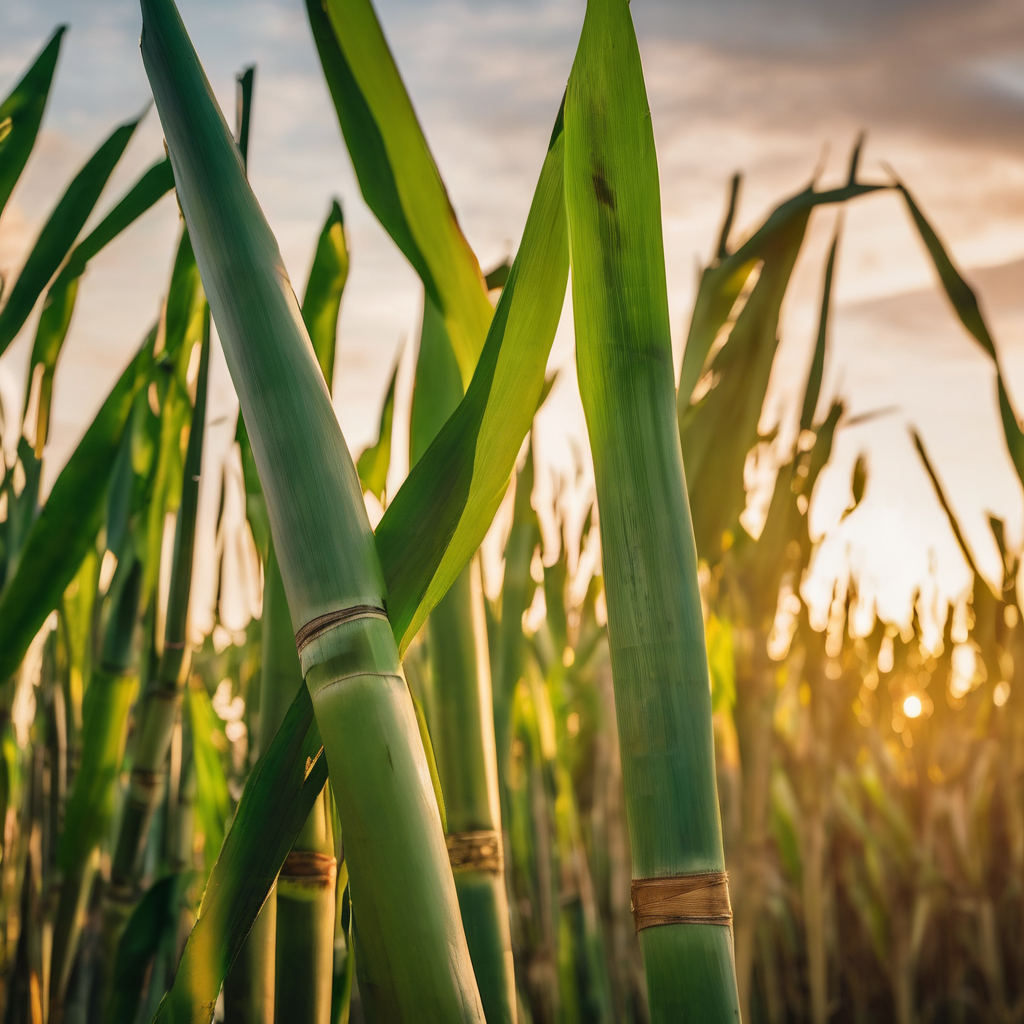The future of Fiji’s sugar industry faces significant challenges, primarily due to an approaching expiration of numerous sugarcane leases. Reveni Rakasalu, the provincial administrator for Macuata, has raised alarms as 419 leases, spanning 6,630.7 hectares, are set to expire over the next six years in his province alone. This year poses an immediate threat, with 89 leases covering 3,798.3 hectares due to lapse.
The situation is expected to worsen in the coming years, with 52 leases scheduled to expire next year and an additional 89 by the end of the decade. Rakasalu warned that failing to renew these leases would jeopardize the sugar industry’s foundation in the North, which is vital for many local farmers.
Currently, Macuata has 3,041 active leases, of which 473 pertain to iTaukei and 2,568 to non-iTaukei cane farms. Recent production data from the Labasa mill revealed that over the past two years, it crushed more than 1 million tonnes of cane, producing significant amounts of sugar. However, this year has seen a decline in production compared to previous years. In 2023, the mill processed 555,716 tonnes of cane, resulting in 54,887 tonnes of sugar, while this year, processing has dropped to 494,495 tonnes and yielded only 47,692 tonnes of sugar.
The Fiji Sugar Corporation (FSC) has ambitious plans to boost cane planting to 610,000 tonnes within the year, aiming for 850,000 tonnes by 2030. However, the success of these goals hinges on the renewal of land leases. Rakasalu has called on landowners and farmers to unite in their efforts to sustain the industry, which plays a crucial role in the province’s economy and to adopt practices that ensure long-term viability in sugarcane farming.
These concerns echo those of Fiji’s Minister for Sugar, Charan Jeath Singh, who has highlighted the issue of absentee farmers not actively utilizing their agricultural leases, which ultimately hampers productivity. Singh’s advocacy for landowners to relinquish unutilized leases aligns with government efforts to revitalize the sugar sector.
Amid these challenges, there is a sense of hope. With coordinated efforts from both the government and farming communities, there is potential for increased productivity and better resource management. Initiatives focused on sustainable agricultural practices and strategic planning present a promising outlook for Fiji’s sugar industry, which remains essential to the nation’s agricultural landscape and economic resilience.
